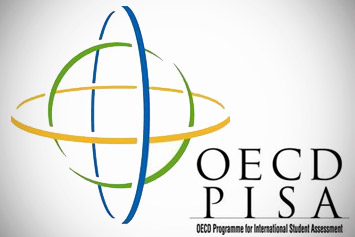Set to stun
Children are being Tasered by school-based police officers. No one knows how often it’s happening or what impact it’s having on students

Knightdale, N.C. — It was just a dumb fight. Two boys, both juniors, stood in the hallway discussing a classic teenage hypothetical: whether one of them could win in a fight against another student. But when one of the teens, Scott, said he didn’t think his friend could win, things turned personal.
They flung curse words back and forth that Thursday morning in March, lurching through the hallway of Knightdale High School, slamming into a row of lockers and tripping over a trashcan. A video shot by another student shows a teacher breaking up the fight after a few seconds, and both teens ending up on the ground, hurt only in pride.
One student was ushered away. But 17-year-old Scott, whose name has been changed to protect his privacy, didn’t have a chance to get up. A school police officer rushed over, and pinned one of Scott’s arms behind his back. The student stopped filming the fight at this point. Scott says the police officer then sat on him and ordered him to place his other hand behind his back. He tried to comply, he says, but the officer was holding him down.
Seconds later, Scott felt a piercing electric jolt in his right shoulder that sent convulsions running through the rest of his body. The officer Tasered Scott once, according to Lawrence Capps, the chief of police in Knightdale who supervises police in the high school. The five-second zap sent thousands of volts through Scott’s body.
“I was going to get back up after the fight,” Scott recalled of the moment that defined his junior year.
Months later, on a hot July day in this small town in North Carolina, Scott was watching the news with his mother, Stephanie Grice. Three days earlier, Alton Sterling had been fatally shot by a police officer in Baton Rouge, Louisiana. Two days earlier, police in Minnesota had Set to stun:
Take Two | Alarming use of Tasers in public schools | 89.3 KPCC - http://www.scpr.org/programs/take-two/2016/08/12/51214/alarming-use-of-tasers-in-public-schools/









